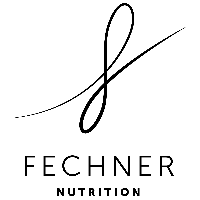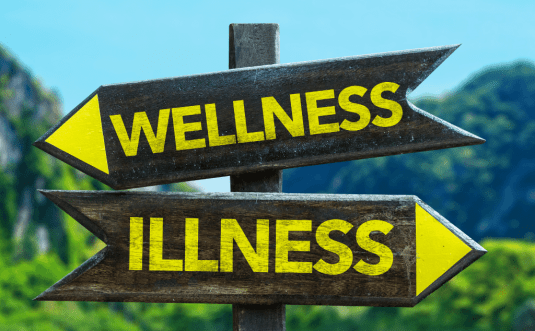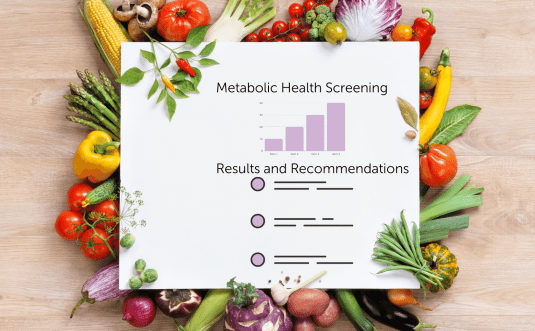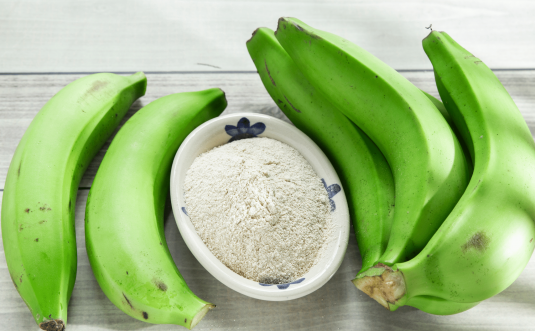Welcome to Climber Nutrition Series 2!
Not only is what you eat important, but how your body processes foods is also important! You can spend a great deal of time and money buying the best quality foods and supplements, but without proper digestion, it will have minimal effect. In this article we will discuss some of the effects of the digestive system on general health and athletic performance. In the next article we will discuss more foods, supplements and other techniques to help increase your digestive health.
Key Points in This Article
- You digestion has an important role in your health and performance
- Digestion basics
- Simple tips on improving digestion
- The importance of HCl
- Symptoms of low HCl
- The truth about acid reflux and GERD
You Digestion Runs Your Life

The amount of processes and systems that are affected by your digestive system and its health or lack thereof are surprising. Here are just a few examples:
70% of your immune system is in your digestive system. The GI mucosa lines the digestive tract and contains a multitude of microorganisms that fight infection and protect against toxins.
You have more microbes in your body than your own cells. The health and balance of these microbes can make or break your health and performance. This community of microorganisms is what constitutes your “microbiome”.
The mix of bacteria in your gut helps you in making vitamins, fighting infection and running your metabolism.
Your digestive system is directly connected to your brain through the vagus nerve. The health of your digestive system affects your moods and your mental ability and vis versa. Ever have “butterflies in your stomach” when nervous?
The majority of neurotransmitters are made in your digestive system, especially serotonin. Depression and other mental illnesses are directly correlated to digestive well-being or the lack thereof.
- The health of your microbiome has been shown to affect muscle strength and endurance and glycogen storage, which all directly affect athletic performance.
Now that you know how important your digestion is to every area of your health and life, we’ll discuss some simple techniques on how to improve it.
The Mouth Matters

Believe it or not, your digestion does not start in your stomach; it starts in your mouth. (You could also argue that sense of smell and sight of food come first in getting you digestive juices going.) Your teeth and saliva are at the beginning of your digestive system. Saliva is teeming with enzymes designed to help break down foods into smaller components so that they can be fully absorbed. In order to allow the enzymes in your saliva to begin the break-down process, they must be fully mixed in with the food.
In order for this mixing to occur, thoroughly chewing every bite of food is necessary. Each bite of food should be chewed until completely broken down.
Some people find this difficult, as they have spent their whole lives gulping down their food as quickly as possible. Some people when trying to learn this new healthy habit practice by counting the amount of times they chew each bite. 30 chews per bite is most likely enough. More or less may be necessary depending on the type of food and how tough or tender it is.
Can You Stomach This?

Once food reaches your stomach it continues its process of being mixed and broken down. Some of the components within your stomach are additional enzymes as well as hydrocholoric acid (HCl) that help break down foods, especially proteins. Proteins are broken down into smaller amino acid chains to help in absorption. It is very important to have enough stomach acid for breaking down food and for killing and neutralizing microbes and toxins that can enter within foods. Enough acids in the stomach are also necessary for absorbing nutrients such as vitamins and minerals further down in the digestive tract.
Common symptoms of those with low stomach acid can include belching, bloating and gas after meals, feeling full after a small amount of food, feeling as if food is just sitting in your stomach, allergies, frequent nausea and digestive upset, frequent bouts of food poisoning and frequent diarrhea or constipation.
Tips to Help Digestion

Some simple steps to help with low stomach acid can include taking supplements and consuming apple cider vinegar with meals. Supplements that can help include bitters, digestive enzymes and ox bile. I recommend seeking help from a knowledgeable nutrition practitioner before deciding on supplements as many factors can influence your individual response to a supplement and having someone knowledgeable to monitor and suggest what is best for your individual situation is recommended.
Apple cider vinegar can be purchased at most stores and is a simple yet effective means to aid digestion. When purchasing be sure to look for raw vinegar with the cloudy “mother” included to get the most benefit. It is best to take 1 to 3 teaspoons in a small amount of water with meals to get the most from it. You can also take it after meals if you feel you are having trouble digesting it. Some people add a dollop of honey to make it more palatable.
A Note About Antacids and Prescription Acid-Reducing Drugs
Doctors prescribe a growing amount of prescription ant-acids every year as Americans continue to ignore their diet and lifestyle in favor of a drug for every ill approach. There are can be many reasons a person may experience reflux and GERD that are not actually even related to the amount of acid in the stomach! While taking these over the counter or prescription ant-acids may make you feel better temporarily, they are also reducing your ability to digest your food. As you age, your digestive juices weaken and become less effective, so taking these drugs becomes more dangerous as you age.
Nutrient deficiencies, poor dietary habits, bad posture, alcohol consumption, smoking and consumption of highly acidic and corrosive foods can all weaken the valve that sits between your stomach and your esophagus causing the sensation of acid in the chest. To fix this requires not medicating the healthy acid away but changing the factors contributing to the weakened, leaky valve in your esophagus.
In A Nut Shell

There are many more processes in the body that contribute to digestion including the fat-busting bile from the gallbladder and all the many parts of the small and large intestine that allow us to absorb all the wonderful nutrients into our cells. Some people have permeable intestinal lining which causes small particles of food to enter the bloodstream where it doesn’t belong. This leaking into the blood stream is called “leaky gut” or “intestinal permeability”. Having food allergies and much inflammation in the body are symptoms of this problem. It is something that needs to be addressed for proper digestive health but is beyond the scope of these articles.
Basically, the way you process your food within your body determines whether you are fit, healthy, mentally clear, have physical stamina and athletic ability or whether you are unfit, foggy headed, anxious and depressed with poor stamina and little athletic ability. Taking some simple steps to improve your digestion or seeking the help of someone knowledgeable in nutrition and wellness in cases of more complex issues will go a long way in preparing you for the physically demanding training you are undertaking.
In the next article, I will cover the microbiome ( the “good” and “bad” bacteria and microorganisms that exist in your digestive system) and specifics on how it effects your athletic endurance, glycogen storage and usage as well as how to tell if yours is healthy and how to fix it if it is not.
As usual if you have questions or comments feel free to post in the box below or send me a private message through my contact details.











